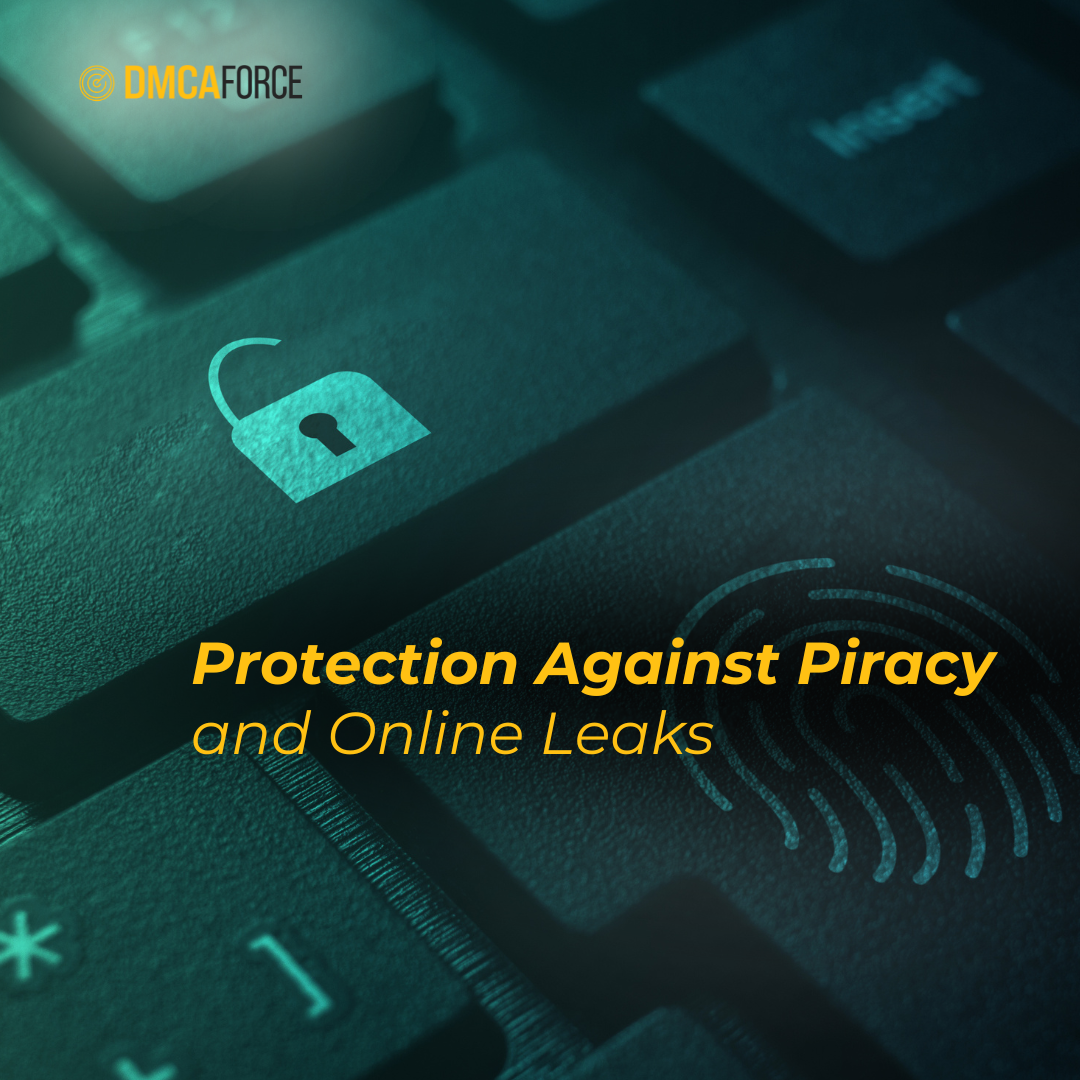News

Forbes Presents: NMPA vs. CEA
Over on Forbes.com, the last week has seen the publication of two opposing posts on the air max 97 pas cher subject of copyright law and the place of the same in the context of the American economy and public policy.
First, there was Gary Shapiro, the CEO of the Consumer Electronics Association, who opined that It’s Time for a Fresh Look at Copyright Laws.
In his sprawling piece, Shapiro invokes the Aaron Swartz tragedy, derides the RIAA’s campaign of lawsuits against “30,000 young Americans,” complains of the “revolving door” between Congress and the “content industry” and asserts that the answer to the question “Are copyright laws hurting America?” appears to be “yes.”
Yesterday, David Israelite, the president and CEO of the National Music Publishers’ Association responded directly to Shapiro’s article with one of his own: We Need Strong Copyright Laws Now More Than Ever.
It’s fair to say that Israelite begs to differ with just about every point Shapiro made in his post, but he appears to take particular umbrage with Shapiro’s inclusion of the NMPA as being among the groups represented by a “huge, well-funded army of lobbyists” that represent the content industry.
Israelite counters Shapiro’s rhetoric by asserting that most members of the NMPA are, in fact, small businesses, and further that many are “a business of one.” Israelite then observes that the CEA’s own website boasts of including over 2000 members, including “giant multi-national corporations” that “generate more than $161 billion in annual factory sales.”
It is, of course, up to each reader to decide for himself which Forbes guest contributor presents the more persuasive argument, but I do think one needs to consider the following question when coming to that decision: if copyright laws are really stifling technical innovation as much and as fundamentally as Shapiro and those who make similar arguments claim, then how in the heck did Apple reach the size (394 retail stores and 72,800 employees), profitability ($41.733 billion in 2012) and level of cash reserves ($137 billion) that it currently enjoys, given that so much of their success has come in the same era during which “copyright maximialism” is alleged to have done the most damage to would-be innovators?
If that’s what being stifled looks like, then by all means — please stifle me.http://www.sneaker2018.fr/
How to Protect Your OnlyFans Content from Online Leaks and Piracy
November 15, 2024

Protect Your Content on Telegram: Using DMCA Claims to Combat Piracy
November 13, 2024

Unlock Your Revenue Potential at the AW Summit 2024 in Bucharest!
September 10, 2024
Got questions about protecting your digital assets from copyright infringement?


